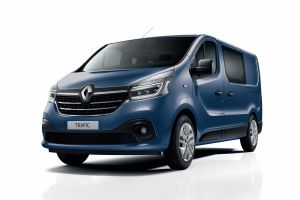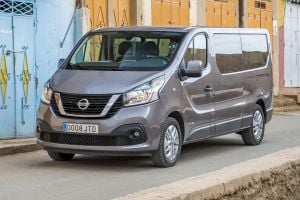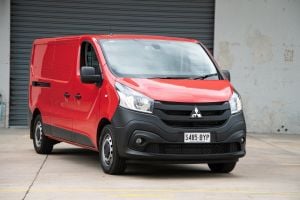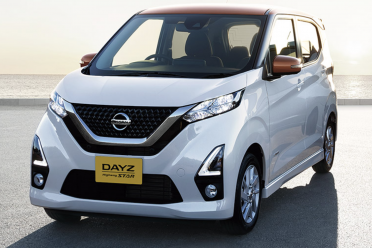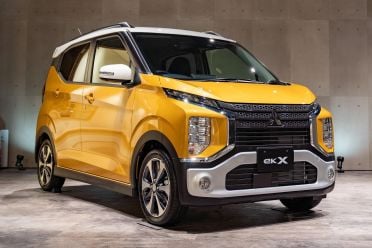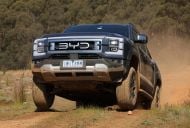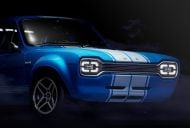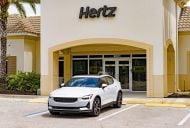Just four years after riding to Mitsubishi Motors’ rescue, Nissan is rumoured to be considering a partial or full sale of the smaller automaker – a move that would alter the dynamics of the Renault-Nissan-Mitsubishi Alliance.
Sources have told Bloomberg Nissan is exploring this avenue as there are growing concerns its own turnaround might take longer than expected due to the global coronavirus pandemic.
Both automakers are expecting to lose billions of dollars this financial year due to restructuring costs, as well as complications stemming from COVID-19.
Ashwani Gupta, Nissan’s chief operating officer, has forcefully refuted this report. Speaking at the Reuters Automotive Summit teleconference, Gupta said Nissan is “absolutely not” in discussions on selling its Mitsubishi stake.
Nissan has also issued a statement to the media saying, “Contrary to the assertions in the articles, there are no plans to change the capital structure with Mitsubishi”.
Nissan currently has a 34 per cent stake in Mitsubishi Motors, which under Japanese corporate law gives it control of the smaller automaker.
It’s not clear how Nissan might unload some or all of its Mitsubishi stake. Options reportedly under consideration include selling to Mitsubishi Corporation, which is the second largest shareholder in Mitsubishi Motors with around 20 per cent.
Alternatively, Nissan could find an external purchaser, or place some or all of its shares on the stock market.
If it chooses any of these options, Nissan will most likely book a significant loss on its investment. Its 34 per cent stake cost around ¥237 billion ($3.2 billion) in 2016, but the stake is only worth around ¥102 billion ($1.4 billion) at the time of writing.
Five months ago the Renault-Nissan-Mitsubishi Alliance detailed a new “leader-follower” arrangement, which will help the three automakers save billions of dollars in technology and product development costs.
Under this scheme each automaker will be responsible for developing certain model lines and technologies.
Mitsubishi has been placed in charge of plug-in hybrid drivetrains, and is the dominant or “reference company” for the ASEAN and Oceania regions, including Australia and New Zealand.

